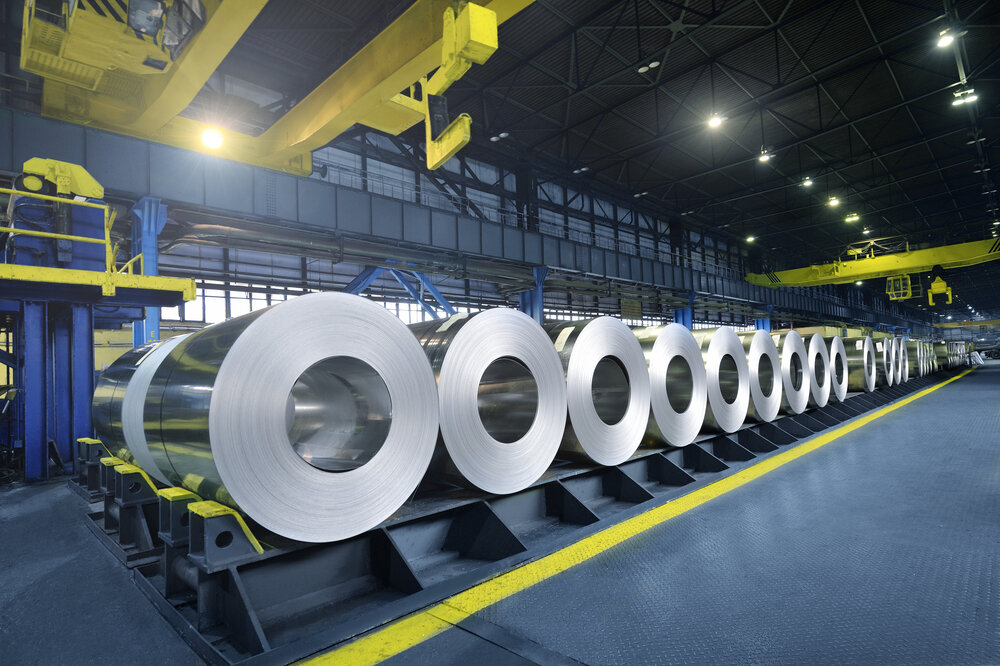As production processes have changed and become more complicated, the choices of steel buyers have grown to meet many specific needs across several industries.
But not all the steel styles are equal. By analyzing the steel types available from industrial pipe suppliers and recognizing why some steels produce great pipes, and others cannot, piping industry professionals will become better buyers.
The following will help you.
Carbon Steel
This steel is produced when weak iron is added to carbon. Carbon is the most popular chemical addition to a ferrous component in modern industry, but the alloy elements of all kinds are common.
In fact, in piping goods the carbon steel is still considered to be popular. Thanks to its strength and ease of workability, carbon steel pipe has wide use in many sectors. Since it has relatively fewer alloying elements, the carbon steel pipe is reasonably priced at low concentrations.
Structural carbon steel pipes are used in fluid transport, oil and gas transmission, instruments, vehicles, cars, etc. Under load, pipes of carbon steel do not bend or crack and are smooth and welded in grades A500, A53, A106, A252.
Alloy Steel
Alloy steels include specified quantities of alloying components. In general, alloying components make the steels stronger to stress or impact. Though nickel, molybdenum, chromium, silicon, manganese, and copper are the most popular alloying components, many more are used in steel production. In use in manufacturing, there are endless alloy and concentration combination, each combination is designed to get unique qualities.
Alloy Steel Pipes are around 1/8 ‘to 20’ in size and have schedules such as S/20 to S/ XXS. In oil refineries, petrochemicals, chemical plants, sugar mills, etc., alloy steel pipes are also used. The alloy steel pipes are modified and designed and provided at reasonable rates according to your needs.
Stainless steel
The word is a bit of a wrong name. There is no single mixture of iron and alloy components that makes it what stainless steel is. In its place, stainless steel made items do not rust.
Chromium, silicon, manganese, nickel, and molybdenum can be used in stainless steel alloys. To communicate with oxygen of air and water, these alloys work together to quickly form a thin yet solid film on the steel to prevent further corrosion.
Stainless Steel Pipes are right choice for sectors where corrosion resistance is very necessary and requiring high strength, like ships electricity, poles, water treatment, pharmaceutical and Oil and Gas applications. Accessible in the 304/304L and 316/316L varieties. The previous one is highly resistant to rust and strength, whereas 314 L has a low content of carbon and can be welded.
Choose International Pipes in OKC if you are looking for industrial pipe suppliers. We vouch to provide you with quality products.

